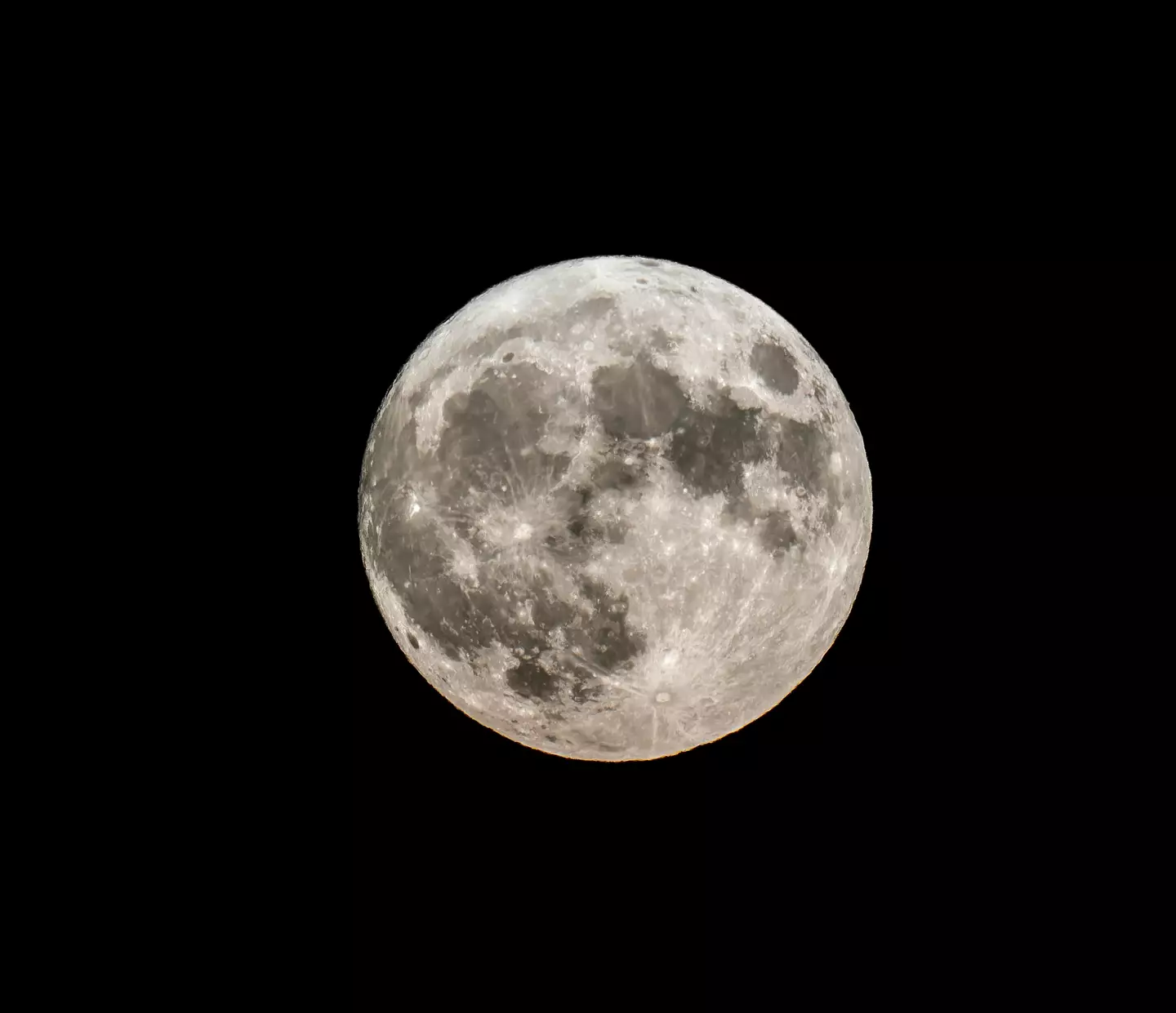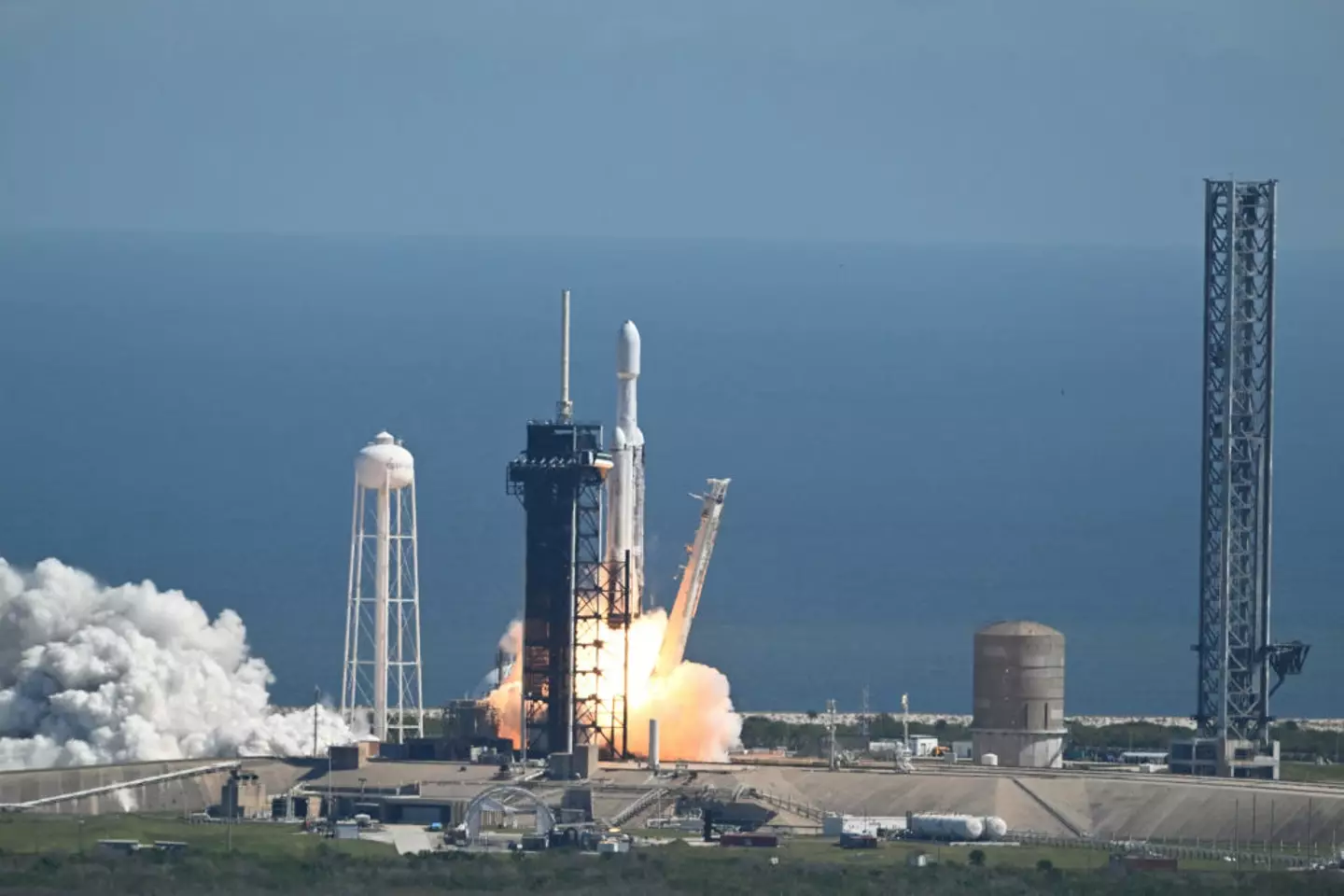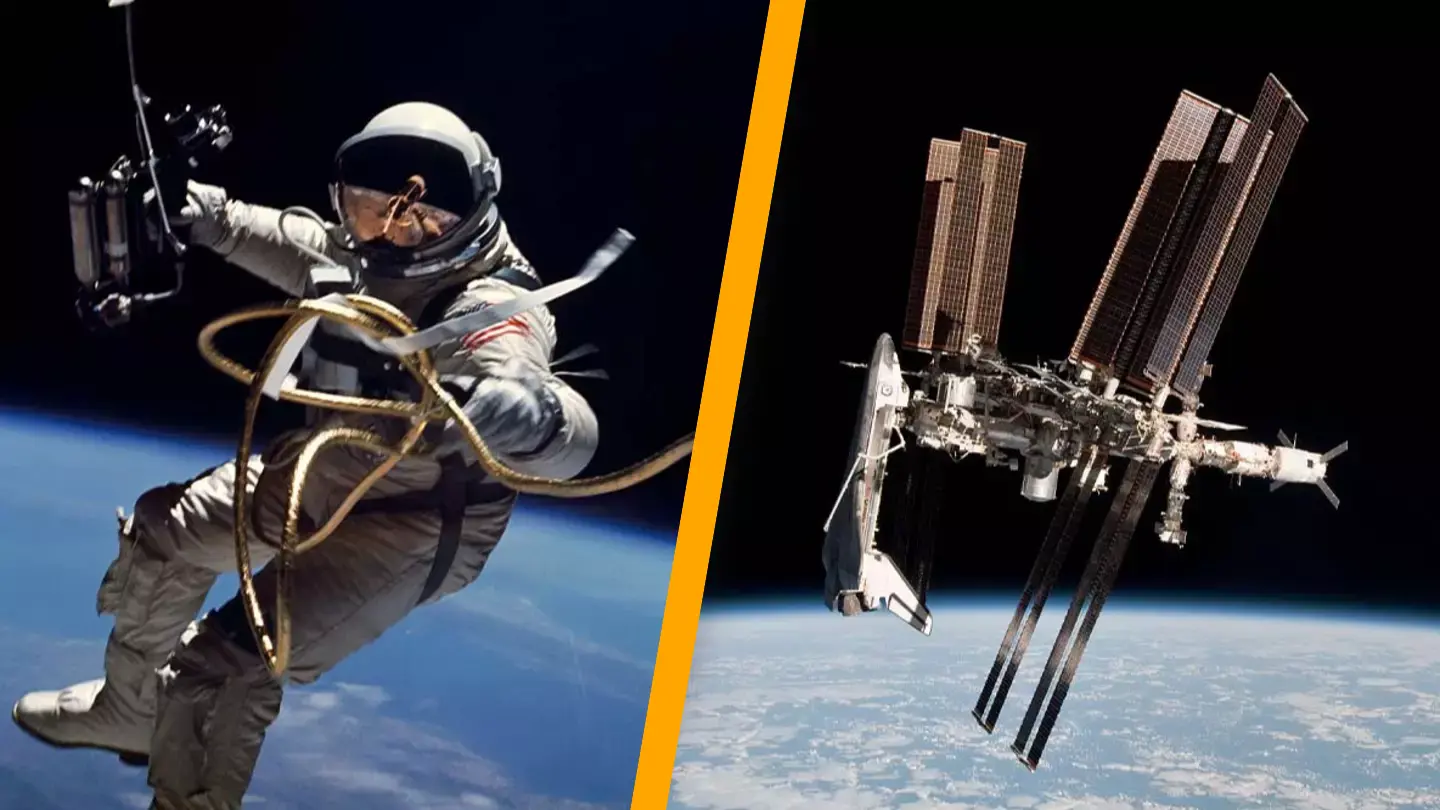NASA is offering a significant sum of $3 million to anyone who can help solve a particular challenge in space. Despite having adequate funding, the space agency is seeking innovative solutions to address issues faced during space missions.
With plans underway to return humans to the moon, NASA is preparing for a historic mission scheduled for September 2026. This mission will mark the first time in over 50 years that a crew will land on the lunar surface, including the first woman and the first person of color.

While the logistics of reaching the moon have been mastered, NASA is turning its attention to enhancing the sustainability of prolonged lunar missions. They are exploring new methods to handle various types of waste, such as outdated clothing and food packaging.
Amy Kaminski, who oversees NASA’s Prizes, Challenges, and Crowdsourcing program, stated: “Operating sustainably is an important consideration for NASA as we make discoveries and conduct research both away from home and on Earth. With this challenge, we are seeking the public’s innovative approaches to waste management on the Moon and aim to take lessons learned back to Earth for the benefit of all.”
In an effort to address this issue, NASA has launched the LunaRecycle Challenge, a two-phase competition inviting the public to help the agency enhance sustainability in space missions.

Kim Krome, the challenge manager and acting program manager for NASA’s Centennial Challenges, mentioned: “I am pleased that NASA’s LunaRecycle Challenge will contribute to solutions pertaining to technological needs within advanced manufacturing and habitats. We are very excited to see what solutions our global competitors generate, and we are eager for this challenge to serve as a positive catalyst for bringing the agency, and humanity, closer to exploring worlds beyond our own.”
NASA’s dedication to achieving greater sustainability is evident, as highlighted in a press release on their website: “NASA is committed to sustainable space exploration. As we prepare for future human space missions, there will be a need to consider how various waste streams, including solid waste, can be minimized—as well as how waste can be stored, processed, and recycled in a space environment so that little or no waste will need to be returned to Earth.”

